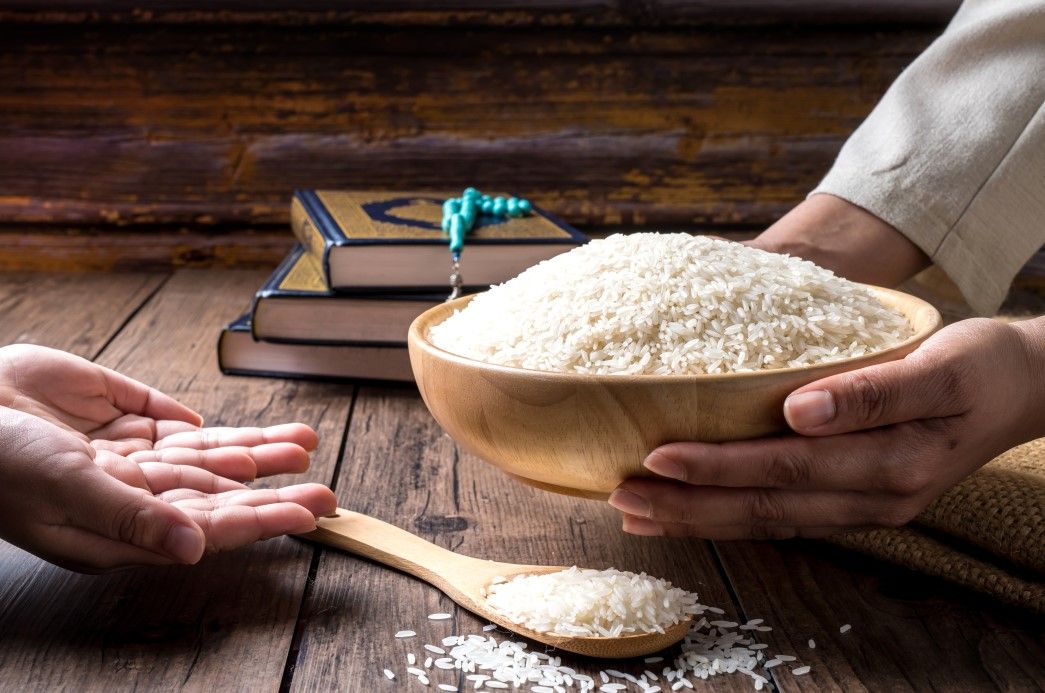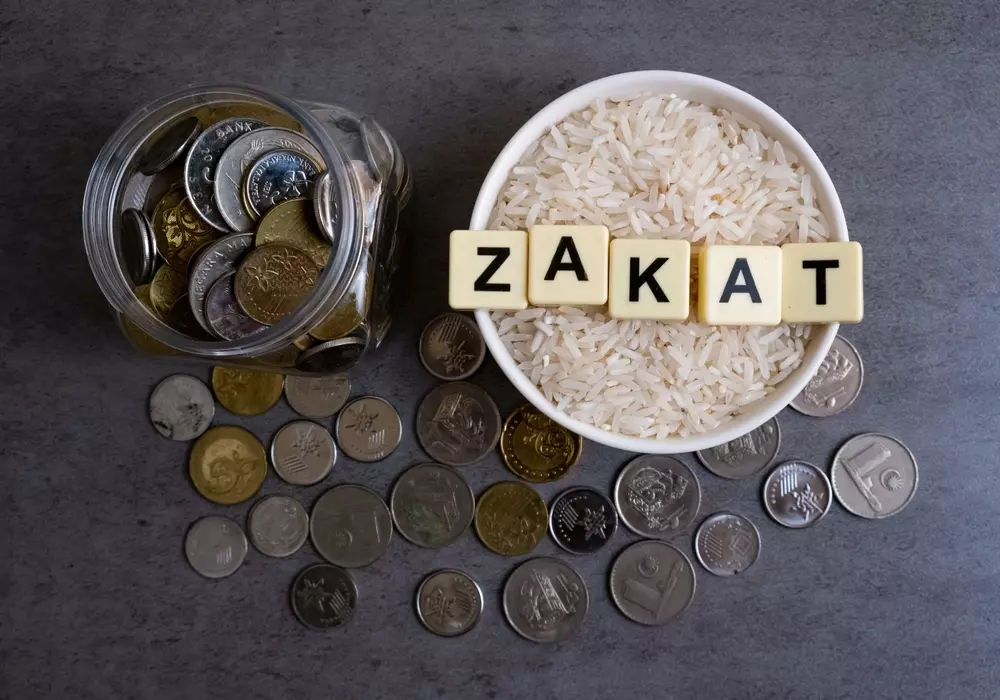Charitable giving is the foundation of Islamic practice, and its importance is increased during the holy month of Ramadan. Ramadan is a month of fasting, praying, reflecting, focusing on personal spiritual growth and also being generous to others. For Muslims, giving charity in Ramadan helps practice the acts of compassion, gratitude, and social responsibility, all of which create a benefit to individuals and society as a whole.
Spiritual Significance of Charity in Ramadan
Amplified Rewards
Muslims believe that good deeds during Ramadan are multiplied in reward, making it the perfect time to give to those in need. This belief is emphasised during Laylat al-Qadr, the Night of Decree, which is described in the Quran as better than a thousand months. Acts of charity during the night of Laylatul Qadr hold strong spiritual value, which inspires Muslims to seek the blessings of Allah (SWT) through generous giving.
Purification of Wealth and Soul
Giving in the month of Ramadan is a means of purifying one’s wealth and soul. The Quran encourages Muslims to detach from worldly things, and the best way to do this is by giving Zakat (obligatory charity) and Sadaqah (voluntary charity). Zakat, one of the Five Pillars of Islam, is a mandatory act that ensures wealth is redistributed to support those in need. Meanwhile, Sadaqah reflects voluntary kindness, allowing Muslims to contribute beyond what is obligated.
Deepening Spiritual Connection
Giving in Ramadan strengthens a Muslim’s spiritual connection to Allah (SWT) as it fosters gratitude for personal blessings. Giving charity in general reminds believers of their duty to support others. This practice aligns with the words of the Quran, to create a fair and just society, ensuring that wealth circulates and relieves suffering.
Social and Humanitarian Impact of Charity in Ramadan
Supporting Vulnerable Groups
Acts of charity during Ramadan provide support to the vulnerable, such as orphans, widows and disadvantaged families. Through donations, Muslims fulfil the teachings of the Quran, which is to care for the less fortunate and ensure that they are not left behind. This generosity not only alleviates hardships but also contributes to social justice.
Fostering Communal Solidarity
Ramadan is a time of giving, which strengthens the bonds within the Muslim community. Fasting, a core aspect of Ramadan, nurtures empathy by allowing Muslims to experience hunger firsthand. This shared experience adopts a deeper understanding of the struggles faced by the less fortunate, inspiring acts of kindness and support.
The Prophetic Example of Generosity
Giving in the month of Ramadan Hadiths also tell us that the Prophet Muhammad (PBUH) was “more generous than the blowing wind” during Ramadan. This clear metaphor underlines the extent of his generosity, serving as an example for Muslims around the world. By following the example of Prophet Muhammad (PBUH), Muslims strive to go beyond their usual acts of charity, making Ramadan a period of advanced giving.
The Benefits of Giving in Ramadan
Addressing Systemic Issues
Many charitable organisations use Ramadan donations to fund sustainable development projects. Initiatives such as constructing schools, building and improving healthcare facilities, and developing infrastructure address systemic challenges faced by disadvantaged communities. By supporting these projects, those who donate contribute to long-term solutions that uplift entire societies.
Continuous Rewards Through Sadaqa Jariya
Sadaqah Jariyah, a continuous charity that never ends, allows Muslims to earn rewards even after their lifetime. Contributions toward projects that have lasting benefits, such as building wells, schools, or orphanages, ensure that the impact of their generosity is sustained. This concept echoes with Islamic faith, inspiring Muslims to make meaningful investments in their communities during Ramadan.
Personal Growth Through Charitable Giving
Cultivating Empathy and Gratitude
The act of fasting during Ramadan increases a Muslim’s awareness of other people’s hardships, taking in a sense of empathy and compassion. This inspires generosity, which encourages believers to share their blessings with the less fortunate. Giving charity reinforces gratitude for one’s own blessings, nurturing a sense of humility and contentment.
Preventing Materialism and Strengthening Faith
Charity helps Muslims fight against materialism, a key lesson during Ramadan. By prioritising spiritual values over worldly possessions, Muslims develop discipline and reliance on Allah (SWT). This aligns with Islamic principles, fostering a deeper connection to faith, making charitable giving both a personal and spiritual act of commitment.
A Powerful Time to Give Charity
The act of giving to charity during Ramadan exceeds generosity. It is a deep expression of faith and humanity which aligns with the core teachings of Islam. Giving charity transforms the lives of both the giver and the recipient. It is an opportunity to purify the soul for the one who gives, deepening spirituality and developing gratitude. For the recipient, it is a source of hope, relief and empowerment.
Charity Meals is running a Ramadan Food Parcel Appeal, providing food packs to families in need. A donation of £30 will support a family of five for the whole month – a way to give real and meaningful charity throughout the holy month of Ramadan. Donate generously and help those suffering from hunger this Ramadan.



